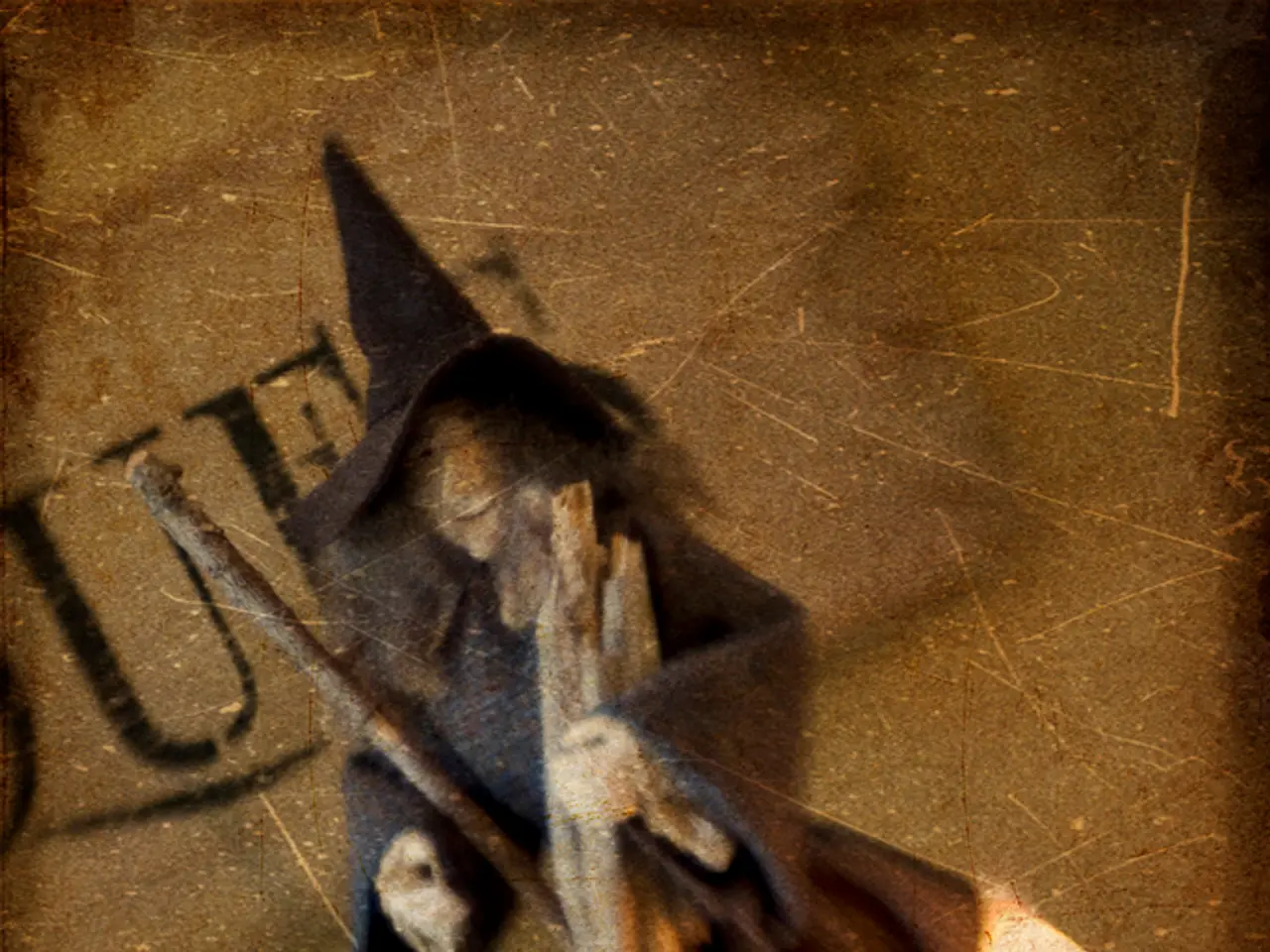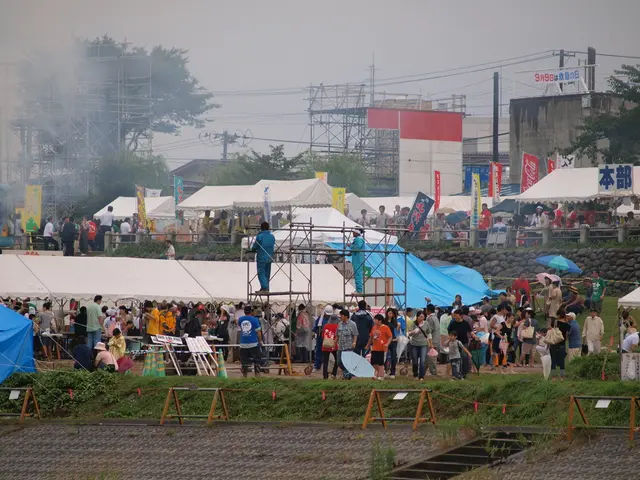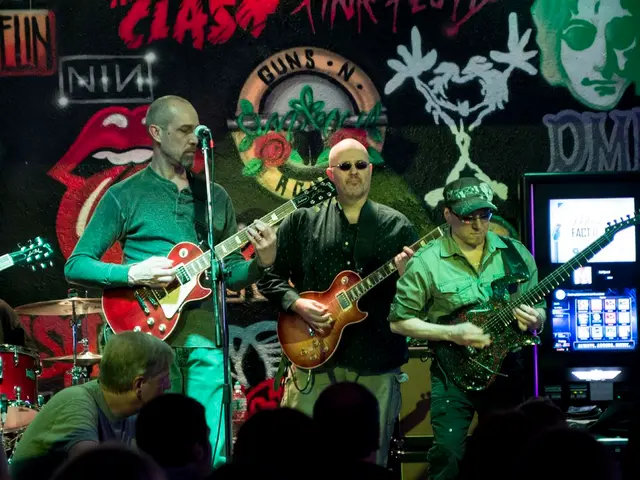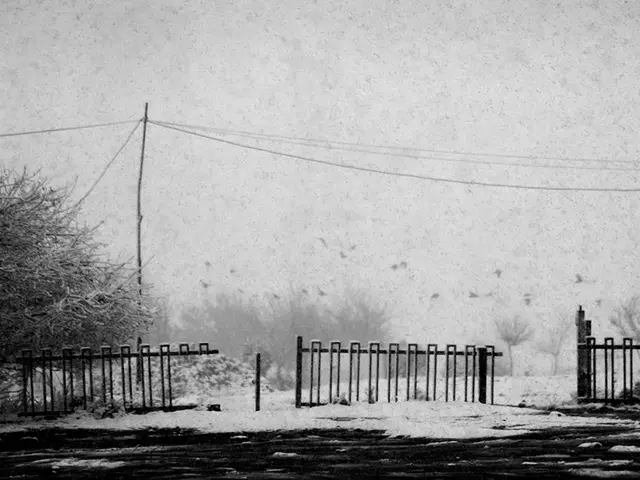Overcoming Fear of Ghosts: Why It's Time to Embrace the Spectral
Ghosts, often shrouded in mystery and fear, have been a subject of fascination and apprehension for centuries. But what if the fear of these ethereal beings isn't rooted in the supernatural, but in our own human psyche?
Contrary to popular belief, ghosts are often considered as incomplete journeys of souls, needing help to finish their journey. Not all ghosts are malevolent; some may be benevolent, acting as protectors, guides, or messengers offering advice, comfort, or warnings. However, the fear of ghosts is a common phobia known as Spectrophobia, and it can cause symptoms such as sweating, shaking, rapid heartbeat, panic attacks, and avoidance behaviour.
The fear of ghosts can be explained through psychological and evolutionary mechanisms. Our brains are wired to detect agents with intentions, a trait evolved to quickly respond to potential threats. This pattern recognition and agency detection can cause ambiguous or unexplained stimuli—noises, shadows, or unfamiliar sensations—to be misinterpreted as ghosts or spirits, triggering fear.
Moreover, the fear of the unknown and ambiguity naturally provokes anxiety. Ghosts symbolize such uncertainty and mystery, so fear arises as a response to unclear threats rather than supernatural causes. Fear of unseen threats has survival value, being alert to potential dangers—even if false—would historically increase chances of survival.
Cultural and social learning also play a significant role in fear of ghosts. Even without personal belief in the supernatural, cultural stories and social environment can prime individuals to fear ghosts by associating certain cues with danger or the supernatural.
Psychological explanations of related phenomena such as trauma, stress, or altered states of consciousness might also be interpreted as ghostly phenomena. These are mental and emotional processes, not actual supernatural events.
Hollywood horror movies often sensationalize the fear of ghosts, portraying them as evil and harmful entities. This may contribute to the perpetuation of the fear, as these portrayals can make dark or unfamiliar places seem scary. However, it's important to remember that there is no scientific evidence confirming the existence of ghosts.
Ghost sightings often occur in places where a significant amount of trauma has been experienced, such as castles, hospitals, prisons, or locations associated with pain. Some theories suggest that ghosts visit humans simply because they miss their life on Earth, or because they have unfinished matters, unfulfilled desires, or unresolved issues. Others believe that ghosts visit humans for solace, as they feel strongly connected to their former home or the people they left behind.
For those struggling with Spectrophobia, cognitive-behavioural therapy (CBT) and exposure therapy are common treatment options. These therapies help individuals to confront their fears, understand their origins, and develop coping mechanisms.
In conclusion, the fear of ghosts can be understood as a complex interplay of human cognition, evolutionary adaptations, and cultural influences creating a natural psychological response to ambiguous or threatening stimuli without invoking real spirits. Understanding this can help us to approach the concept of ghosts with a more rational and less fearful perspective.
Read also:
- Urban Tales: Winged Hedgehogs and Gridiron Mascots Highlight Our Legendary Series on TGC+!
- Love, Work, and Friendship Harmonies between Aries Signs
- Jenna Ortega mastered Bach's cello suites for the popular Netflix program, 'Wednesday'
- Black Female Politician Diane Abbott Faces Harsher Criticism and Increased Scrutiny Due to Her Race and Gender






